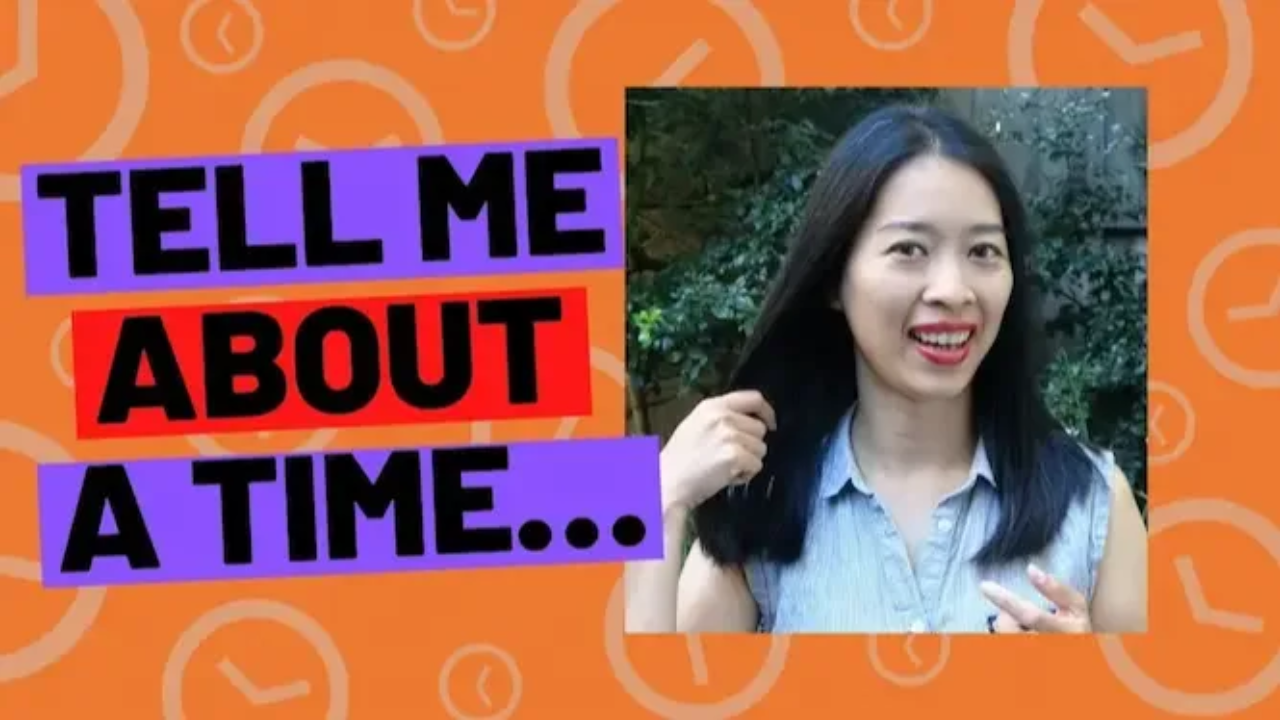Tell Me About a Time Interview Question: How to Answer with Confidence (with Examples)

If you’ve been preparing for job interviews, there’s a high chance you’ll hear this question:
“Tell me about a time when…”
It’s one of the most common behavioural interview questions because it gives hiring managers insight into how you think, problem-solve, and handle real-life situations. For international students and migrants—especially those without local experience—this question can feel intimidating. But with the right preparation and structure, you can turn it into one of your strongest opportunities to impress.
In this guide, you’ll learn how to answer confidently using the STAR method, plus real-life examples and tips to stand out.
Why Employers Ask “Tell Me About a Time”
Behavioural questions are designed to assess how you’ve handled situations in the past. The assumption is that your past behaviour is a strong indicator of how you’ll perform in the future.
When they ask this question, employers are evaluating your ability to:
- Think clearly under pressure
- Communicate your ideas in an organised way
- Stay focused on delivering results
It’s not about using fancy words—it’s about showing that you can reflect, adapt, and deliver outcomes.
The Biggest Mistake Candidates Make
Many candidates treat this question as hypothetical. They respond with, “I would do this” or “I would try that,” without giving an actual example from their own experience. This is a mistake because the interviewer is asking for a real situation you’ve already experienced.
Even if you’re a recent graduate or new to Australia, you can still use examples from:
- University group projects
- Internships or part-time jobs
- Volunteer work
- Overseas work experience
The key is to show what you actually did, not just what you would do.
How to Answer: The STAR Method
The STAR method is a simple but powerful framework to answer “Tell me about a time” questions clearly.
S — Situation
Describe the background or context of your story. Keep it concise but clear enough for the interviewer to understand.
T — Task
Explain your responsibility or role in that situation.
A — Action
Detail the specific steps you took to address the challenge or complete the task. Focus on what you did, not what the team did as a whole.
R — Result
Share the outcome of your actions. Use measurable results if possible (e.g., “sales increased by 15%,” “we completed the project two days early”). This part is where you prove the value you delivered.
Why STAR Works
When English isn’t your first language, structuring your answers ensures the interviewer understands you clearly. Without a framework, it’s easy to ramble, miss key points, or leave out the results—which is often the most persuasive part.
STAR keeps your answer logical, easy to follow, and focused on the skills the employer is looking for.
Examples of STAR Answers
Example 1: Handling a Conflict with a Colleague
Q: Tell me about a time you had a conflict at work.
S: In my marketing internship, two teammates disagreed over how to split campaign tasks.
T: As the team lead, I needed to resolve the issue quickly to meet our deadline.
A: I organised a short meeting, listened to both perspectives, and proposed a task split based on each person’s strengths.
R: We completed the campaign ahead of schedule, and both teammates appreciated being heard. I learned that proactive communication prevents small disagreements from escalating.
Example 2: Working Under Pressure
Q: Tell me about a time you had to work under pressure.
S: During my part-time retail job, we were short-staffed during the holiday rush.
T: I had to manage the checkout queue alone while keeping customers satisfied.
A: I stayed calm, worked efficiently, and asked a colleague on break to assist temporarily.
R: We cleared the queue quickly, and my manager praised my composure under pressure.
Tips to Prepare Your Stories
1. Use the Job Ad as Your Guide
Identify the skills the employer is looking for—teamwork, leadership, problem-solving—and prepare stories that demonstrate each.
2. Prepare for Negative Questions
Sometimes they’ll ask, “Tell me about a time you made a mistake.” Don’t say “I’ve never made a mistake.” Instead, choose a situation where you learned something valuable.
3. Keep Your Answers to 1–2 Minutes
Be clear and concise. Long-winded stories can lose the interviewer’s attention.
4. Practice Out Loud
Rehearse your answers so you feel comfortable delivering them naturally.
Common Mistakes to Avoid
- Skipping the Result: Many candidates describe what happened but forget to explain the outcome. Results prove your effectiveness.
- Focusing on the Team Only: While teamwork is important, the interviewer also wants to know your specific contributions.
- Being Too Vague: Avoid generic phrases like “I worked hard” or “I communicated well.” Give concrete examples.
Why This Matters for International Students and Migrants
If you’re new to Australia or lack local experience, behavioural questions are your chance to show that your overseas or academic experience is still highly relevant. Employers care more about how you think and act than where the experience happened.
Final Thoughts
“Tell me about a time” questions can feel tricky, but with preparation and the STAR method, you can answer with confidence and clarity. The more examples you prepare, the more flexible and confident you’ll feel in the interview.
Ready to Nail Every Interview Question?
Download the Skilled Job Starter Kit — built specifically for international students and migrants in Australia.
Inside, you’ll get:
- Proven STAR interview scripts
- Resume templates that pass applicant tracking systems (ATS)
- A LinkedIn profile checklist to attract employers
👉 Get your free Starter Kit here: https://www.theaho.co/free
FAQs
What if I don’t have local experience?
Use examples from internships, overseas work, or university projects. Focus on transferable skills and results.
How many STAR stories should I prepare?
Aim for at least 5–7 covering different skills: leadership, teamwork, problem-solving, conflict resolution, and working under pressure.
Should I memorise my answers?
No. Memorise the key points of each story but deliver them naturally so you sound authentic.


